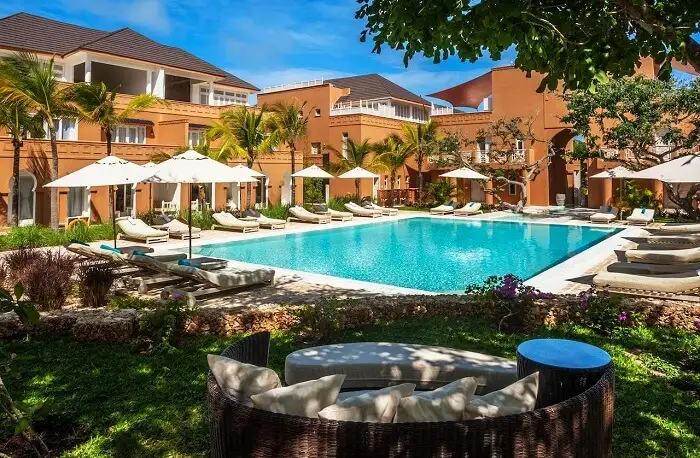The tourism hospitality sector umbrella body the Kenya Association of Hotel Keepers and Caterers (KAHC) has opposed the 1.5 percent housing levy in the controversial Finance Bill 2023 that was passed by parliament on Wednesday.
KAHC chief executive officer Mike Macharia said that the levy will increase the cost of doing business which in return will have to be transferred down to consumers.
Addressing the media during the KAHC annual symposium in Mombasa, Macharia urged parliament not to do an equivalent match to employers because it will push the cost of operation.
“With the increased NSSF fees and the new NHIF proposed fees, this will be a burden to employers as it will further push the cost of doing business,” said Macharia.
“As businesses we had submitted our views that we wouldn’t want anything that will raise the cost of doing business. We gave our submissions to parliament and the president”.
Macharia said that the proposal to raise VAT on fuel from 8 percent to 16 percent will also have a huge impact on tourism once it is adopted and harmonized.
The new tariffs he said will have direct effects on the cost of transportation which is very key to the tourism sector.
This he said will lead to an increase in facility fees and charges transferred to tourists both local and international.
However, this he said will not be immediate as their tourism calendar runs from January to December as opposed to the government’s which runs from July to June.
“In our submissions, we suggested that if there will be anything affecting the cost of production, it will be deferred to the following year”.
“We, therefore, propose that whatever initiatives come from the budget they will be implemented from January next year so that it gives us time to communicate with our partners and clients,” Macharia said.
Macharia also lauded the government for allocating Sh4.1 billion to the ministry, though he said they were expecting more.
The tourism sector got a boost in the 2023/24 budget after the treasury allocated Sh4.1 billion for the tourism fund and Ksh 2 billion for sector promotion.
This is an increase from the Ksh 3.2 billion allocated for the tourism fund and Sh1.8 billion for tourism promotion in the 2022/23 budget.
While reading the budget estimates at parliament last week, the Cabinet Secretary Treasury Professor Njuguna Ndung’u proposed approval of Ksh 12.5 billion for stimulating sports, culture, recreation, and arts.
“To support tourism sports and culture I propose the parliament to approve Ksh 6.4 billion under the sports arts and social developments 4.1 billion for tourism fund and Ksh 2 billion for tourism promotion,” said Ndungu.
Macharia said that they were happy with the Ksh 2 billion set for KTB to promote tourism in Kenya adding that they will progressively push for more allocation.
The sector he said was in a recovery trajectory coming from the covid-19 pandemic that adversely affected tourism globally.
He said the sector was on the right track though there were a few challenges that needed to be addressed.
“Tourism is a low-hanging fruit for job creation in the country. There are things we can do to create jobs without having to invest heavily like opening international skies for tourists to come in,” he said.
Opening international airs to allow in more international tourists he said will spur the sector.
He also called for the resolution of issues within the visa payment systems for efficiency.
Mombasa County Executive for Tourism, Culture, and Trade Mohammed Osman said that the sector had witnessed an increase in the number of hotels in operation as well as serviced apartments last year.
Industrial data he said shows that the average occupancy rate for serviced apartments had risen to 65.8 percent in 2022 up from 61.5 percent in 2021.
He further called on hotels to embrace the use of technology to reduce costs, increase efficiency and enhance sustainability.
“Technology is transforming the hospitality industry in 2023, it will play an even more significant role”.
“Hotels must embrace new technologies such as mobile apps, artificial intelligence, and virtual reality to enhance the guest experience and improve efficiency,” he said.





